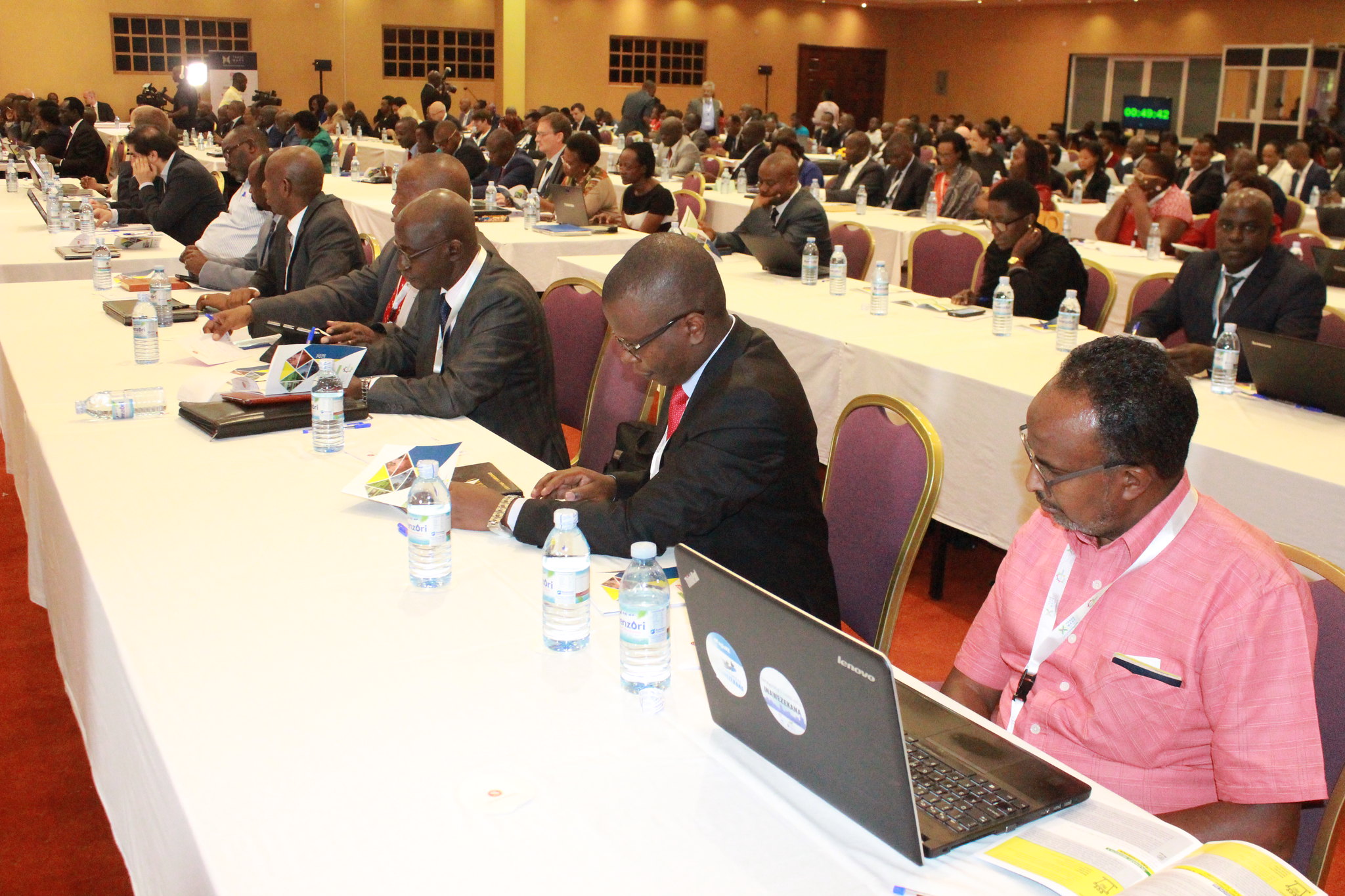The NTB Act aims to give effect to the second clause under Article 13 of the Customs Union, by establishing a legal mechanism for identifying and monitoring the removal of NTBs. The NTB Act provides as follows:
- Part I (preliminary provisions) – defines the objective as enhancing and facilitating trade in goods within the EAC through the removal of conditions which affect and distort trade, the creation of an environment which is conducive to trade and effective movement of goods, and the removal of the restrictions which make imports and exports difficult or costly. Part I also adopts the WTO’s categorisation of NTBs as the one applying to EAC Partner States.
- Part II (prohibition of activities that create NTBs) – requires Partner States to review their trade practices, customs procedures and other measures in place to remove existing NTBs.
- Part III (National Monitoring Committees and National Focal Points) – determines the establishment by each Partner State of a NMC, consisting of representatives of the Government and the private sector, to support the elimination of NTBs. Part III also determines the establishment by each Partner State of a National Focal Point, consisting of a Ministry, to act as secretariat of the NMC.
- Part IV (procedure for Elimination of NTBs) – identifies three mechanisms to eliminate NTBs: mutual agreement of Partner States; implementation of the EAC Time Bound Programme for Elimination of NTBs; and regulations, directives or recommendations of the Council of Ministers. There is a dispute resolution process which refers the matter to the Secretary General and then Council of Ministers, rather than the EAC Court of Justice.
- Part V (general provisions) – allows Partner States to take temporary provisions in the interest of defence and security, public safety or public health, which would otherwise amount to NTBs, provided that other Partner Sates are notified of the temporary measure. Finally, Part V states that the EAC Elimination of NTBs Act takes precedence over laws of Partner States.
According to interviews, the NTB Act, whose development was supported by TMA, is generally well regarded by NMC representatives as it is believed it will help support the elimination of NTBs. A great value of the NTB Act is the possibility for the Council of Ministers to recommend to the Summit the imposition of sanctions against a Partner State, which fails to comply with any directive, decision or recommendations of the Council. However, the NTB Act has also given rise to some concerns. Some interviewees expressed the desire for the EAC Court of Justice to have jurisdiction over trade disputes as it is viewed as the overarching and politically independent organ for ensuring compliance with the Treaty and Protocols. Another broad and shared concern linked to the implementation of the NTB Act relates to insufficient sensitisation at the grass-root level, so among small-scale traders in particular who tend to be most affected by NTBs, in relation to what NTBs are and how it is possible to report them, and request and support their elimination. Notwithstanding these concerns, the NTB Act remains a landmark milestone in the work in support of the progressive elimination of NTBs within the EAC, though it will require collective and political support as it is put into action.


